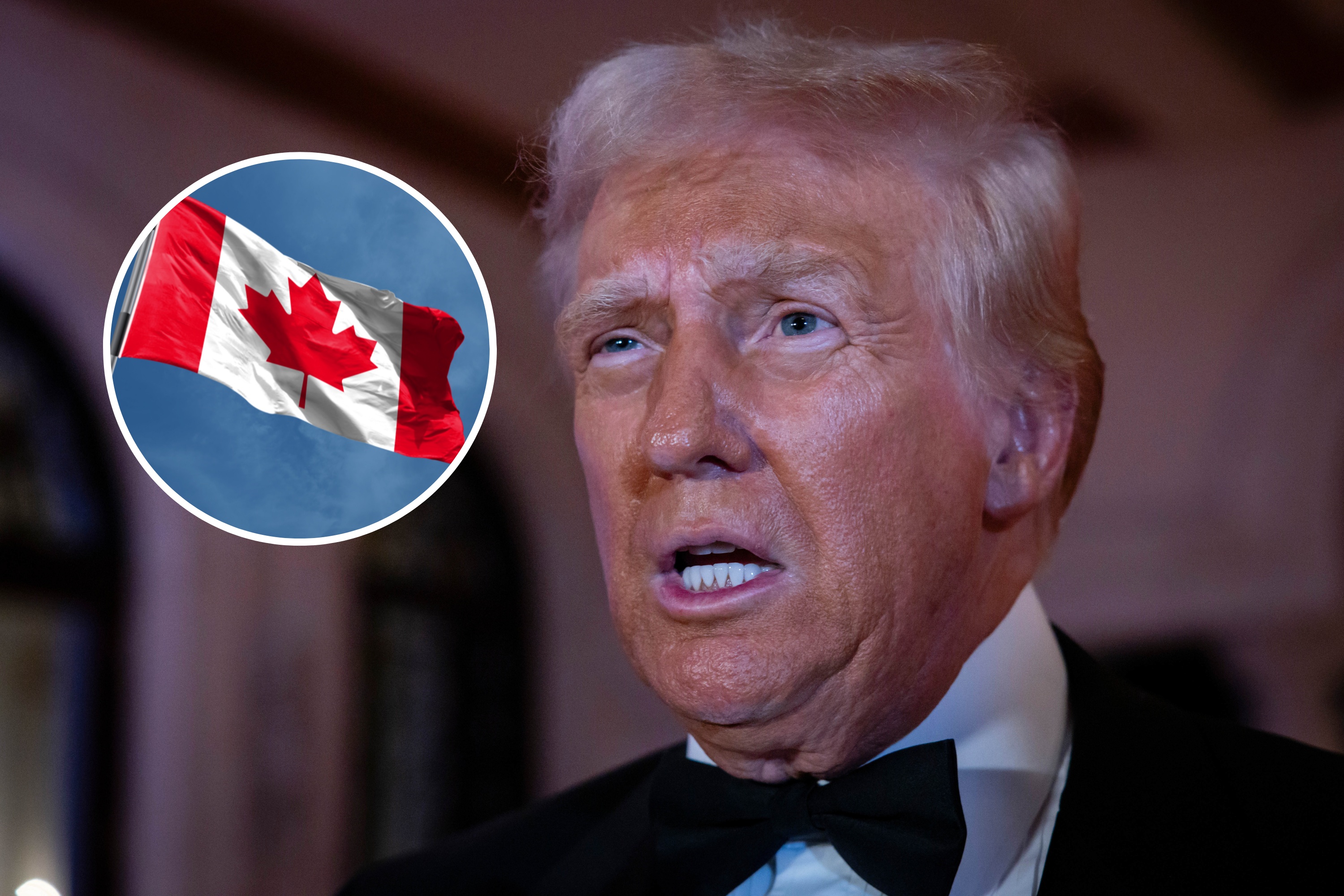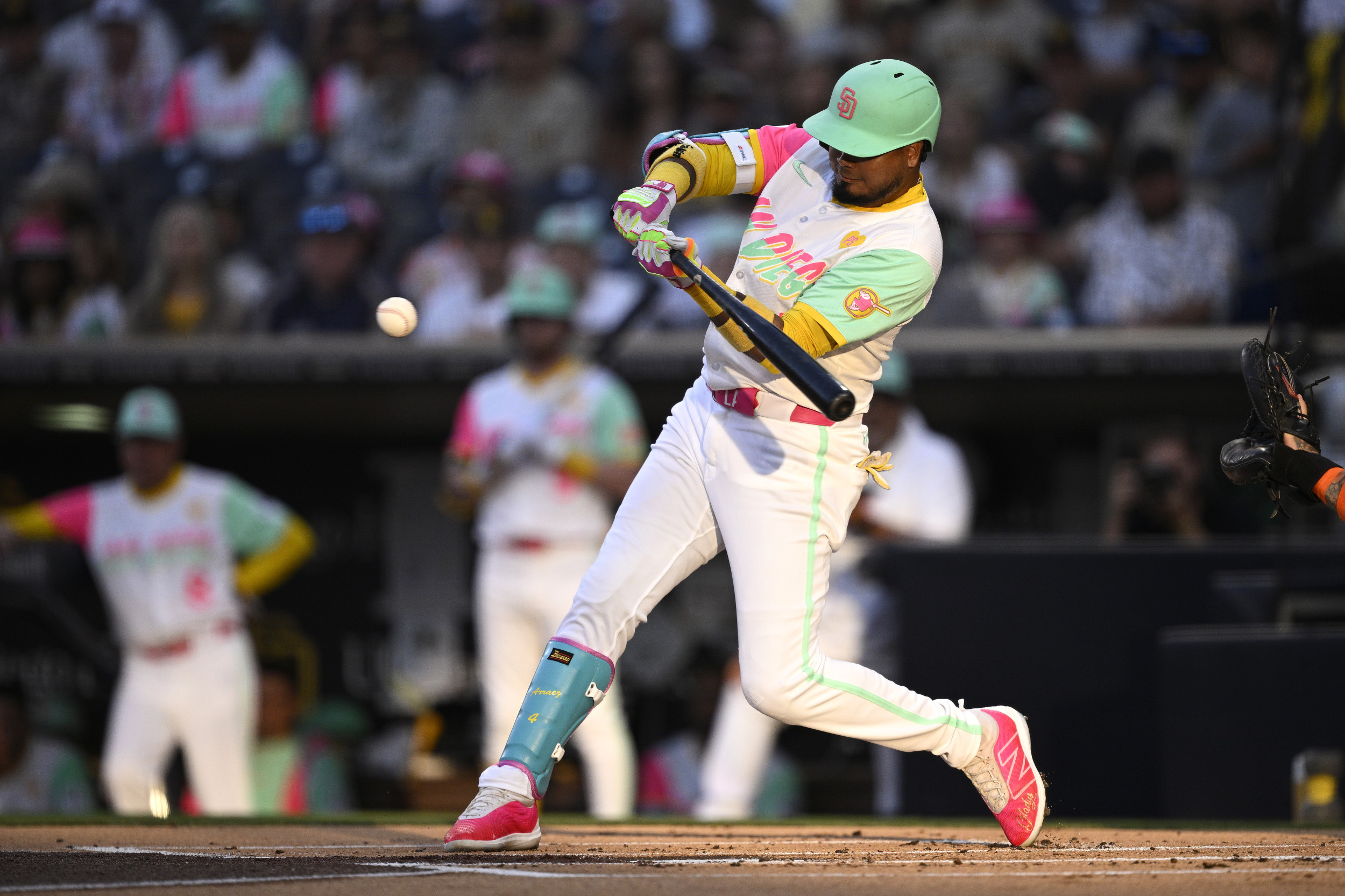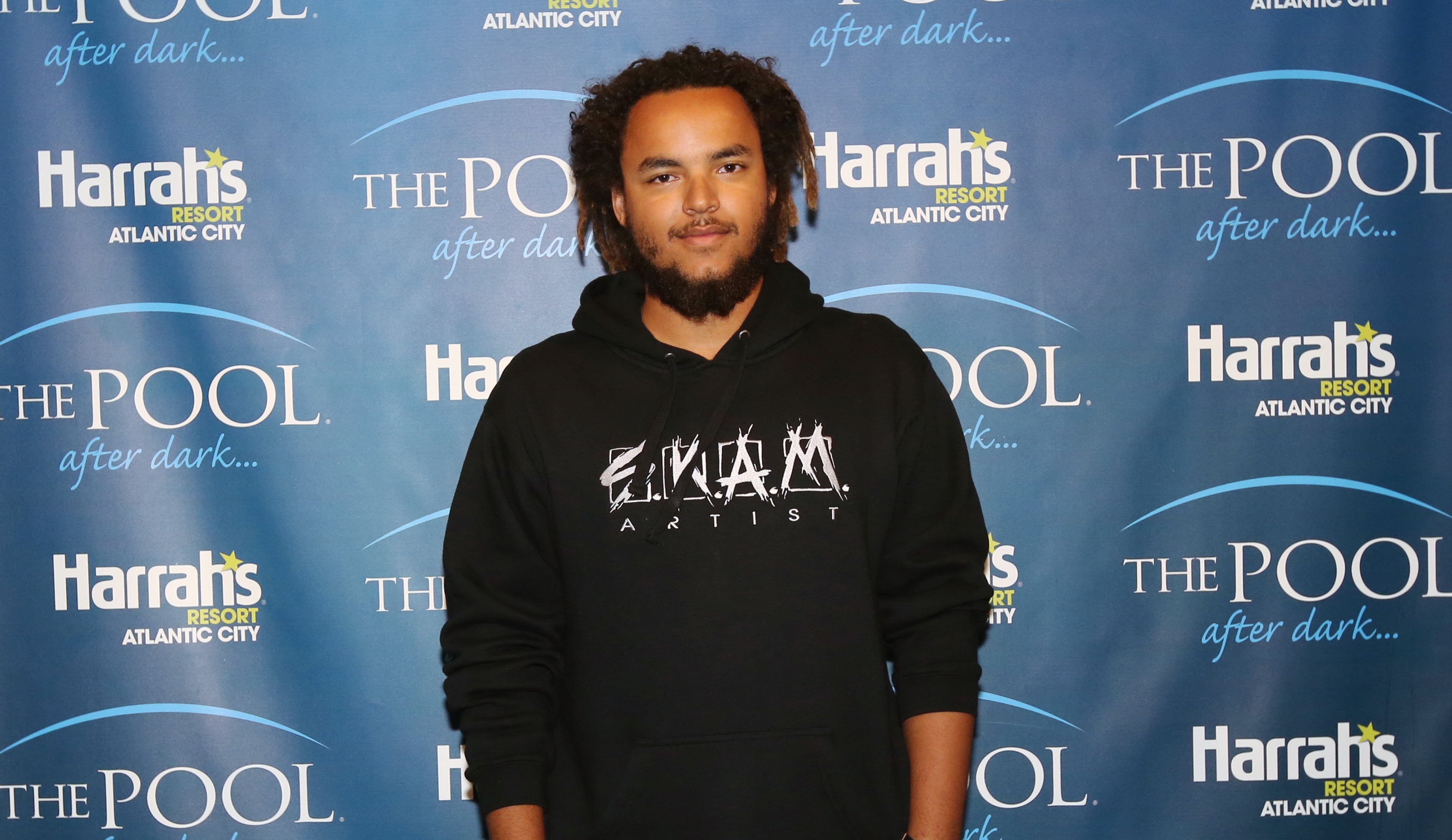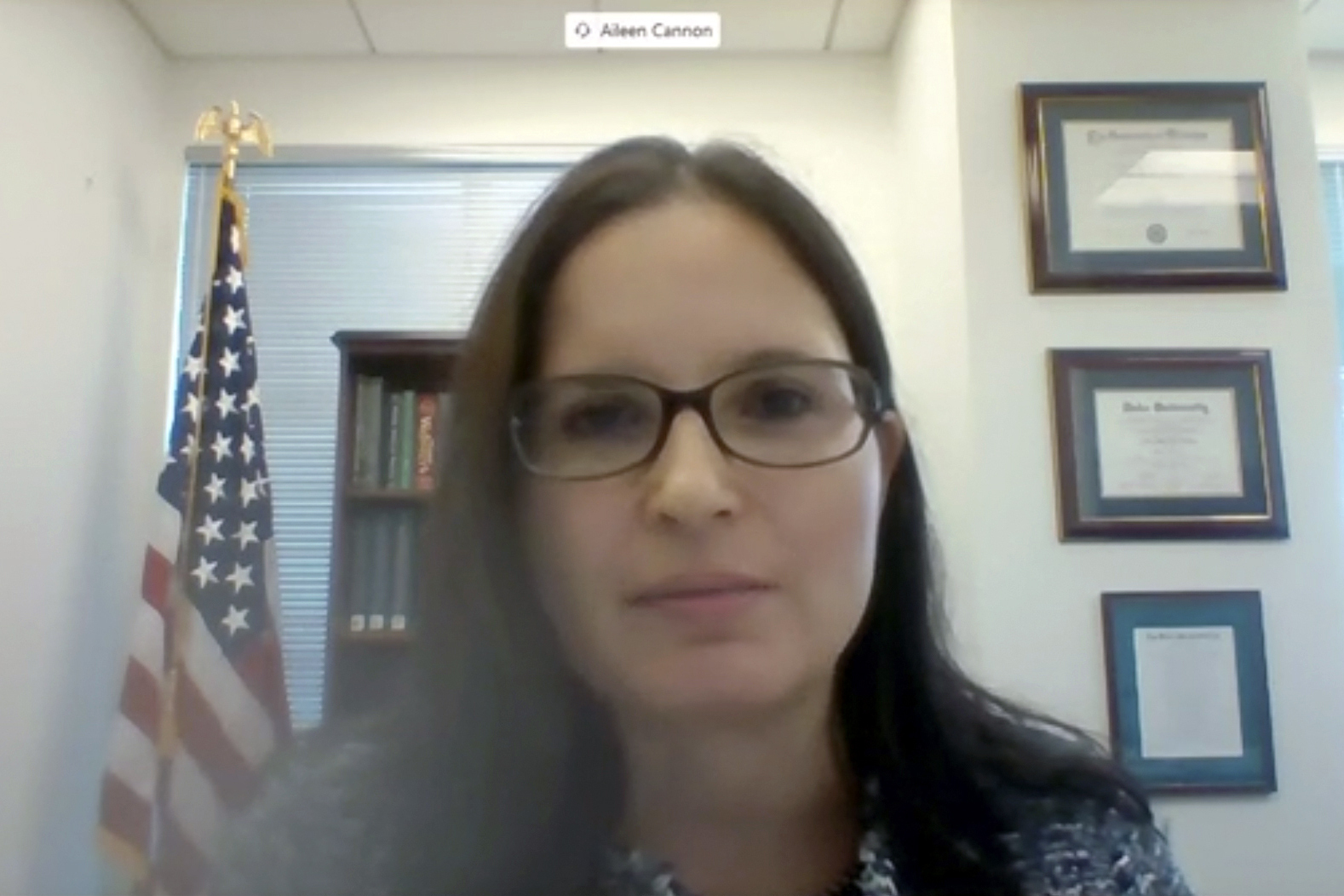The Minneapolis City Council is set to vote Monday on a proposed agreement with the U.S. Department of Justice (DOJ) that mandates significant reform within the Minneapolis Police Department (MPD).
The vote comes nearly five years after the killing of George Floyd, a Black man, by a white Minneapolis police officer, which sparked national protests as part of the Black Lives Matter movement.
Why It Matters
The proposition, known as a consent decree, is the culmination of a two-year federal investigation prompted by Floyd's death in 2020 at the hands of then-Officer Derek Chauvin. The DOJ's findings detailed widespread unconstitutional practices, including "unjustified deadly force," racial profiling and violations of First Amendment rights.
The urgency of finalizing the consent decree is heightened by the impending inauguration of President-elect Donald Trump on January 20. During his previous administration, Trump was critical of consent decrees, viewing them as anti-police measures. Finalizing the agreement before his return to office would make it more challenging for the new administration to alter or rescind the decree, as any changes would require court approval.

What We Know
Minneapolis City Council entered a closed session Monday to comb through the details of a consent decree and what it would mean for policing in the city.
If approved, it would establish a framework for addressing systemic issues within the MPD, including the use of excessive force and racial discrimination. It is 140 pages long. The city could potentially be in the unusual position of operating under both state and federal decrees from this point. Each decree stems from separate investigations uncovering different but overlapping problems.
What Would Change in Minneapolis Policing?
Among its provisions, MPD officers would be prohibited from certain stop and search practices and restricted in their use of specific crowd-control weapons. The agreement would also require the MPD to meet specified reform benchmarks under the supervision of an independent monitor and a federal judge.
Data from the DOJ investigation revealed that Black drivers were 6.5 times more likely to be stopped by MPD officers than white drivers, while Native American drivers faced an even higher disparity at 7.9 times. Officers also routinely neglected the safety of individuals in custody, with Attorney General Merrick Garland noting instances of detainees pleading for air while officers dismissed their complaints.
Consent Decree Agreements Across the U.S.
Since April 2021, the DOJ has launched 12 investigations into state and local law enforcement, often spurred by high-profile police killings. It has finalized agreements with Seattle, New Orleans, Baltimore, Chicago and Ferguson, Missouri. A consent decree in Louisville, Kentucky, tied to Breonna Taylor's death, awaits court approval. Memphis officials resist federal oversight, citing reforms after Tyre Nichols' fatal beating.
Minneapolis Mayor Jacob Frey described the proposed reforms as "non-negotiable" in wake of the investigation back in 2023. "Progress can be painful, and the obstacles can be great. But we haven't let up in the three years since the murder of George Floyd," he said.
A similar consent decree between Minneapolis and the Minnesota Department of Human Rights was finalized in 2023 following a state investigation that revealed a decade-long pattern of racial discrimination by the MPD. That order prohibited all officers from the use of neck restraints—the method used to murder Floyd.

What People Are Saying
"With a $230+ million budget and about 1,000 total staff, MPD has the resources to be able meet all the provisions in the state and federal consent decrees in a timely manner if MPD and city leadership is serious about the importance of this work," reads a bulletin from City of Minneapolis Council Member Robin Wonsley.
"There is no valid reason for this to be behind closed doors," film director and Minneapolis resident D.A. Bullock shared to X, formerly Twitter. "The consent decree is on behalf of the residents of Minneapolis. There is no city enterprise without the residents."
Minneapolis Police Chief Brian O'Hara told the press he wants "not just what's in these documents. I want what's right for our officers and what's right for our community and that is how people are experiencing policing on the street and I think we've made great progress with that this year."
What's Next
If the City Council approves the agreement, the consent decree will be submitted to a federal judge for approval. Once finalized, an independent monitor will oversee its implementation, ensuring compliance with the outlined reforms. The process is expected to take years and cost the city millions of dollars.
This article includes reporting from the Associated Press.




















 English (US) ·
English (US) ·